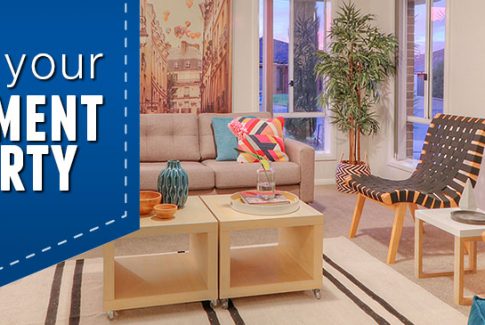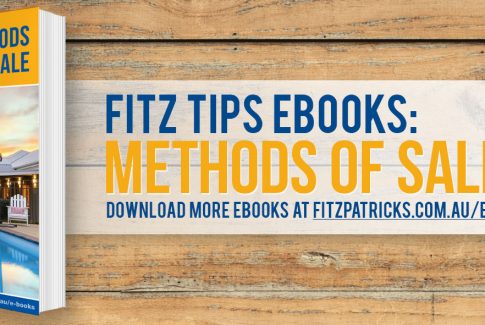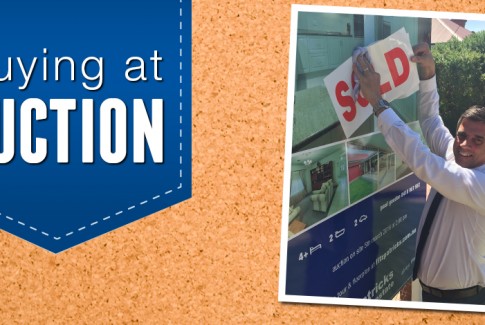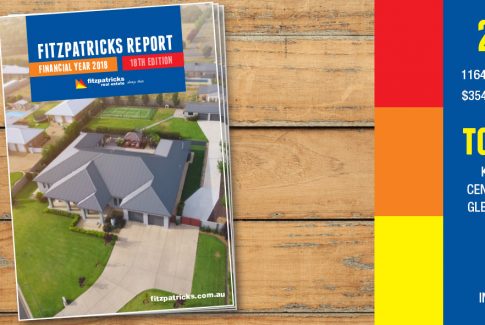
Many first-time investors are of the belief that buying an investment property is out of their reach, particularly if they do not have any equity built up in an existing property and face the prospect of saving for the deposit from scratch.
This can be a daunting prospect, particularly if the deposit is in the order of $50,000 to $80,000. But it’s not impossible. All you need is a robust budgeting strategy and the willingness to be patient. Included below are five easy tips to get you thinking about your budget:
Understand your income
It might sound obvious, but it is important to know exactly how much income you receive each month (your gross salary), and how much you take home after tax and any other expenses are deducted (your net salary).
Once you know your net salary, you also need to deduct any regular expenses you incur each month after your pay hits your bank account. This may include items such as an existing home loan, a car loan, rent, private health care, credit card repayments, utilities such as gas and electricity, gym memberships and tertiary fee repayments.
Once you know how much is left in your hand each month after all your major expenses are paid, you can start to get serious about working out your budget.
Be aware of the total costs of buying an investment property
If you are looking to purchase your first investment property, don’t just look at the purchase price. You need to factor in all up-front costs associated with the purchase to ensure your budget and savings will be adequate. Listed below are some of the up-front costs you will need to budget for:
- Deposit: this amount can be up to 20 percent of the purchase price, depending which lender you use;
- Loan establishment fees: some lenders may charge you a fee to establish your investment loan;
- Mortgage insurance: if your deposit is less than 20 percent of the purchase price of the property, you may be required to purchase mortgage insurance, which is designed to protect your lender if you default on the loan;
- Stamp duty: the stamp duty will vary depending on the purchase price. For example, if you are purchasing a brand new investment property in New South Wales valued at $400,000, you will need to budget for an additional $12,000 (approx.) to cover stamp duty.
- Building and pest inspection: if you are purchasing an established home, it is recommended you pay for a building condition report and pest inspection to ensure you are aware of the condition of the property prior to settlement;
- Conveyancing and legal costs: these may include fees paid for the legal transfer of ownership of the property or if you request a legal representative to review your contract documentation prior to purchase. This is a common request, particularly from investors who are purchasing a new property off-the-plan, which involves a more detailed contract;
- Valuation fees: this cost will be incurred if you use a registered valuer to value the property.
Be realistic
Once you know what deposit you need to save, be realistic about what time-frame you need to achieve it. If setting yourself a tight budget means you have absolutely no money left each week to enjoy yourself, you are going to be totally miserable and more likely to fail. Make sure you factor in all the things that are important to you such as going out for dinner with friends, catching a movie or going on holidays.
Get help from the experts
If you have never had to seriously budget, it might not be as easy as you think. Luckily, there are plenty of budgeting templates, apps and services available online that you can use as guides. They will prompt you to think of all the monthly expenses you are likely to forget about, such as toiletries, hair and beauty appointments and paying the lawn mowing man. These are all expenses you need to account for and they all add up, so it’s important you don’t miss a thing.
Monitor your progress and persevere
Finally, it is always important to remember that if property investment was easy – everyone would be doing it! It is estimated less than ten percent of the Australian population own an investment property and that is because so many people give up too easily, thinking it is unobtainable or too hard.
Property investment should not be viewed as a ‘get-rich-quick scheme’ but a lifelong strategy focused on securing your financial future. If you are going to get into property investment, you need to be in it for the long haul and if it takes you five years or longer to save a deposit – you are still five years (and a lot of money) ahead of everyone else who have delayed making the commitment.
If you’d like to get some individual advice on investment and become a property investor or expand your portfolio please feel free to contact our New Client Consultant Angela King on 0408 284 053.
Would you like to be kept updated on our new property listings?
Click here to register your details and be one of the first to know about hot properties!









